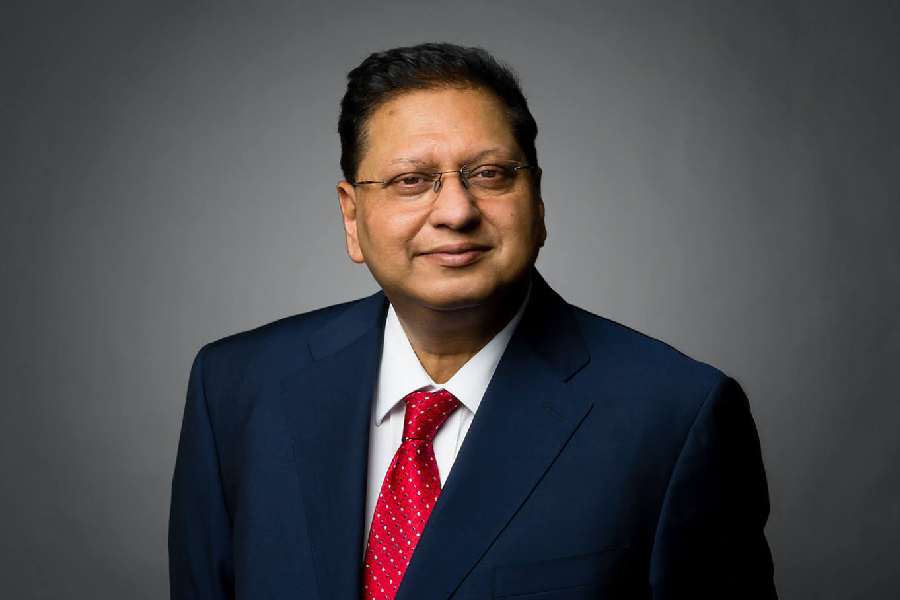Tonmoy Sharma, a once-prominent Indian-origin psychiatrist and founder of a sprawling addiction treatment network in the United States, was last week arrested on charges of masterminding a healthcare scam totalling more than $149 million.
The 61-year-old was taken into custody at Los Angeles International Airport on May 29, moments after landing from an India-US flight, where he had travelled to see his ailing mother.
Instead of a quiet return, Sharma was met by agents from the U.S. Department of Justice, who had been at his heels since 2017.
Sharma’s journey
Once a practising psychiatrist in the United Kingdom, Sharma had his medical licence revoked before he resurfaced in the United States.
He then set up Sovereign Health Group, a chain of mental health and addiction treatment centres headquartered in San Clemente, California, with operations across multiple states.
At its peak, Sovereign marketed itself as a beacon for those battling substance abuse and psychological disorders.
But federal prosecutors allege that behind the glossy brochures and toll-free helplines was a multi-pronged fraud scheme driven by greed.
According to a federal grand jury indictment unsealed last week, between 2014 and 2020, Sharma and his staff had reportedly submitted more than $149 million in false claims to private insurance companies.
Of that, over $29 million was reportedly billed for unnecessary urinalysis tests, routine drug screenings, conducted at labs owned by the company.
But the urine tests were only part of the puzzle.
According to reports, prosecutors say Sharma paid more than $21 million in illegal kickbacks to "body brokers," who were individuals or organisations paid to send patients to Sovereign Health’s treatment centres.
These payments were made to look like regular marketing or consulting fees. But in truth, they were bribes used to recruit vulnerable people, many of them battling addiction, so the company could make money by charging their insurance for costly treatment programmes.
The scheme involved an elaborate call centre operation where prospective patients were misled into believing that their treatments would be fully funded by a donation-backed foundation.
Investigators say this foundation never existed and was simply a ruse to enrol clients and keep insurance dollars flowing.
Legal action
Sharma now faces eight federal charges, including four counts of wire fraud, one count of conspiracy, and three counts of illegal remunerations for referrals to clinical treatment facilities.
He pleaded not guilty during a court appearance the day after his arrest and remains under federal scrutiny.
Also named in the indictment is Paul Jin Sen Khor, 45, of Irvine, who worked as Sovereign’s cash management and accounts payable supervisor.
Khor, arrested the same day, is charged with one count of conspiracy and one count of illegal remuneration for referrals. He has pleaded not guilty and was released on $20,000 bond, with trial proceedings set to begin on July 29.
The charges mark the latest chapter in a long-running federal investigation that began in June 2017, when the FBI raided Sovereign’s offices, its San Clemente headquarters, and Sharma’s home in San Juan Capistrano.
Sovereign Health officially shut down in 2018.
However, Sharma’s links to the treatment industry did not end there. According to investigative reports by NBC news, he continued operating a licensed residential treatment facility under the name Dana Shores Recovery in San Juan Capistrano despite the cloud of federal investigation looming over him.
The U.S. Attorney's Office described the case as a classic example of exploitation in America’s fragmented addiction treatment sector, where insurance loopholes and patient vulnerability are often preyed upon.
“This is not just about financial fraud, it's about abusing the trust of those who came seeking help,” the DOJ said in a statement.
If convicted on all charges, Sharma could face decades in prison.











